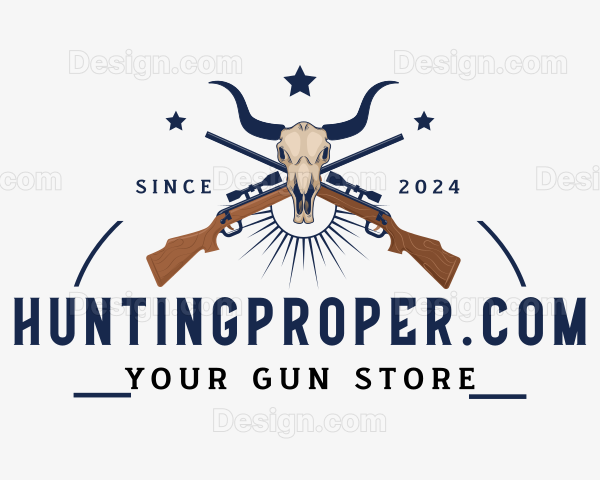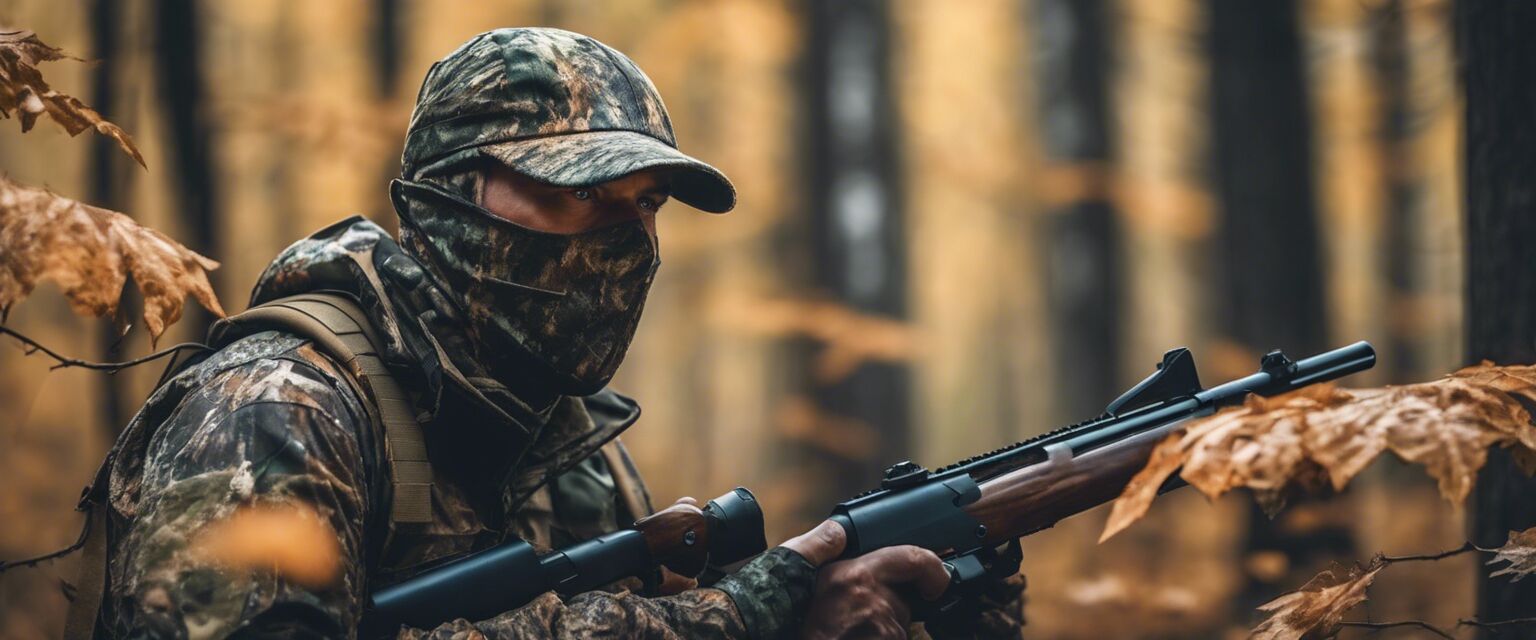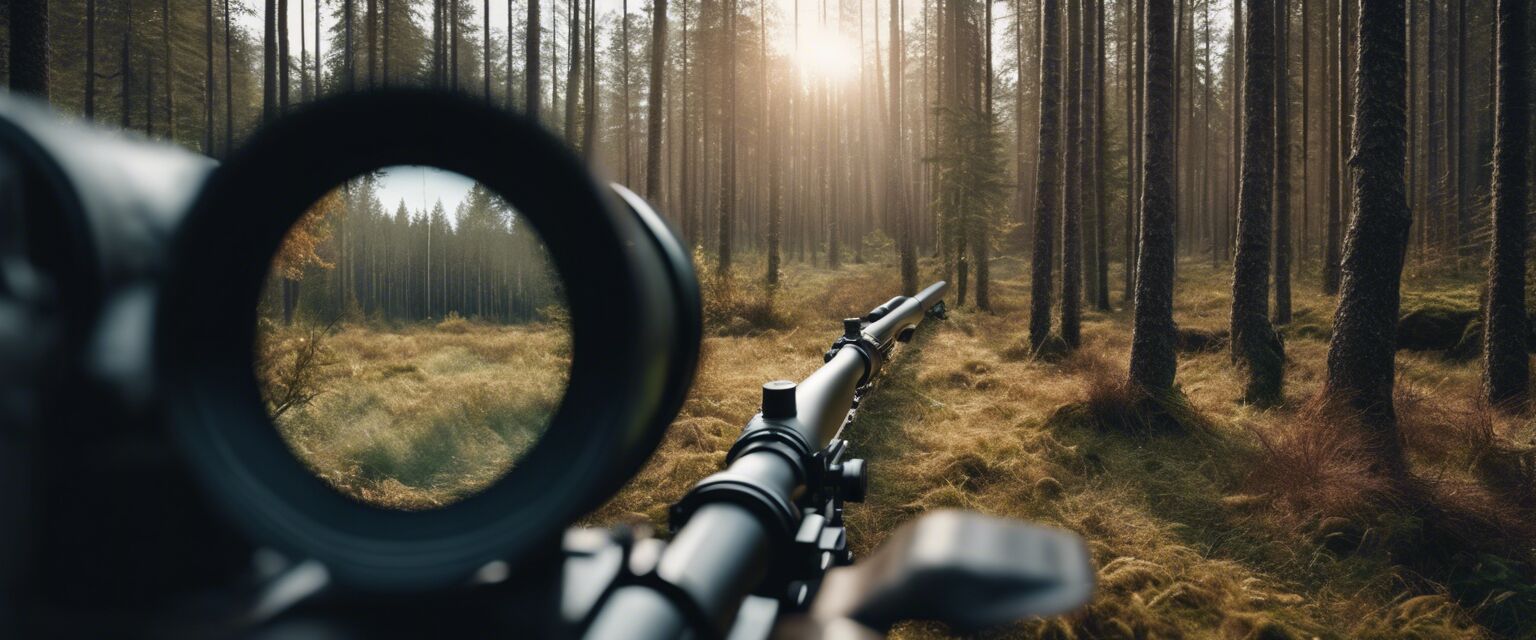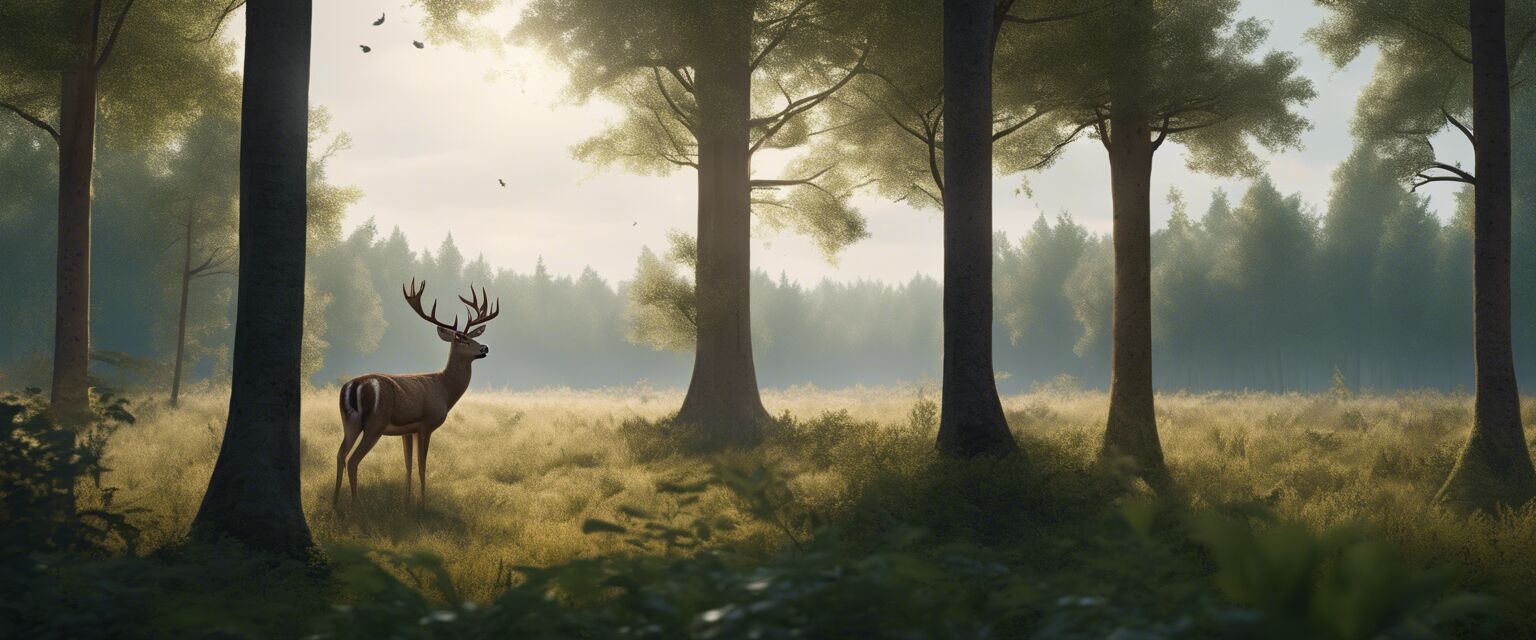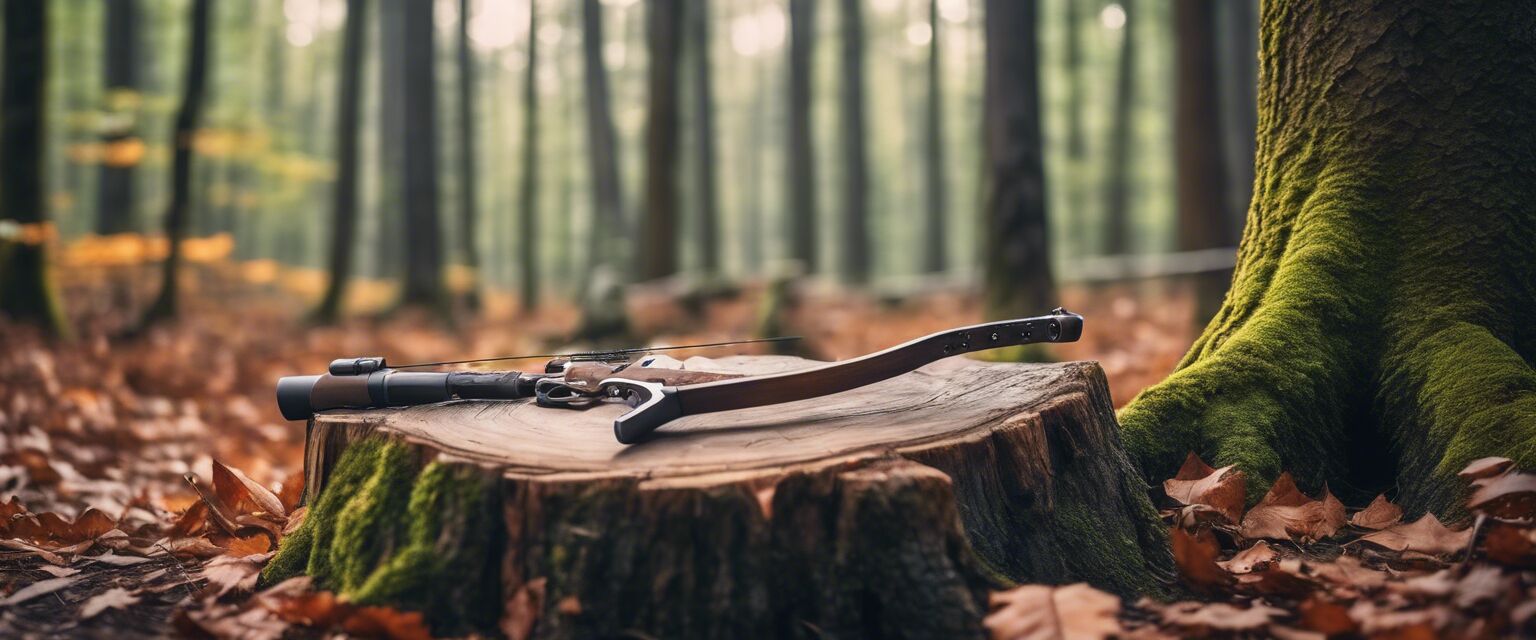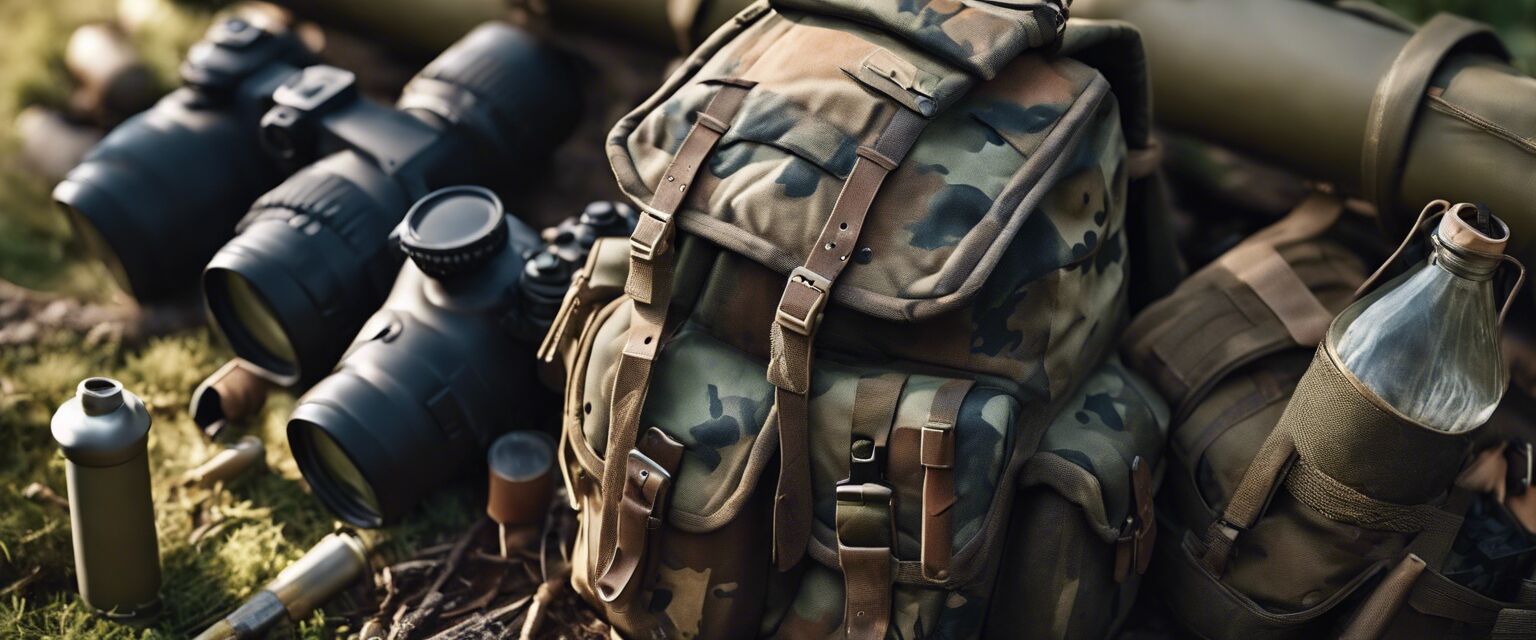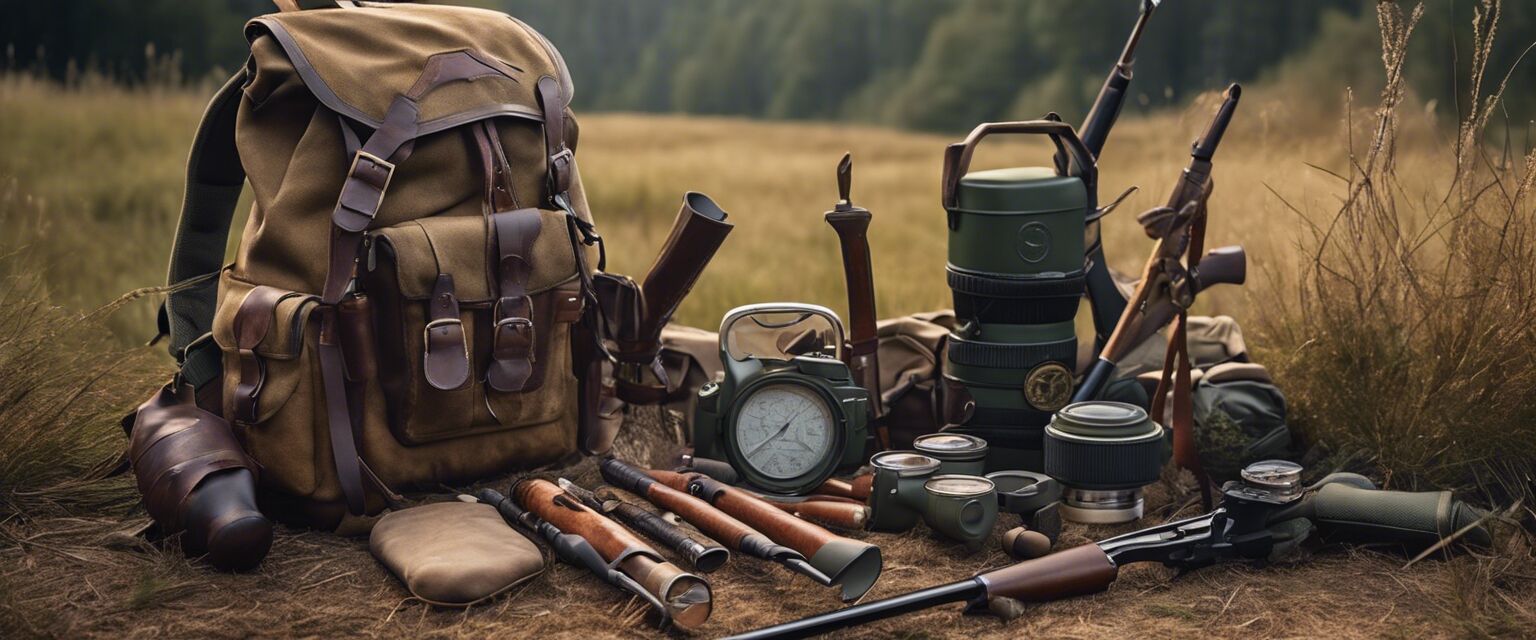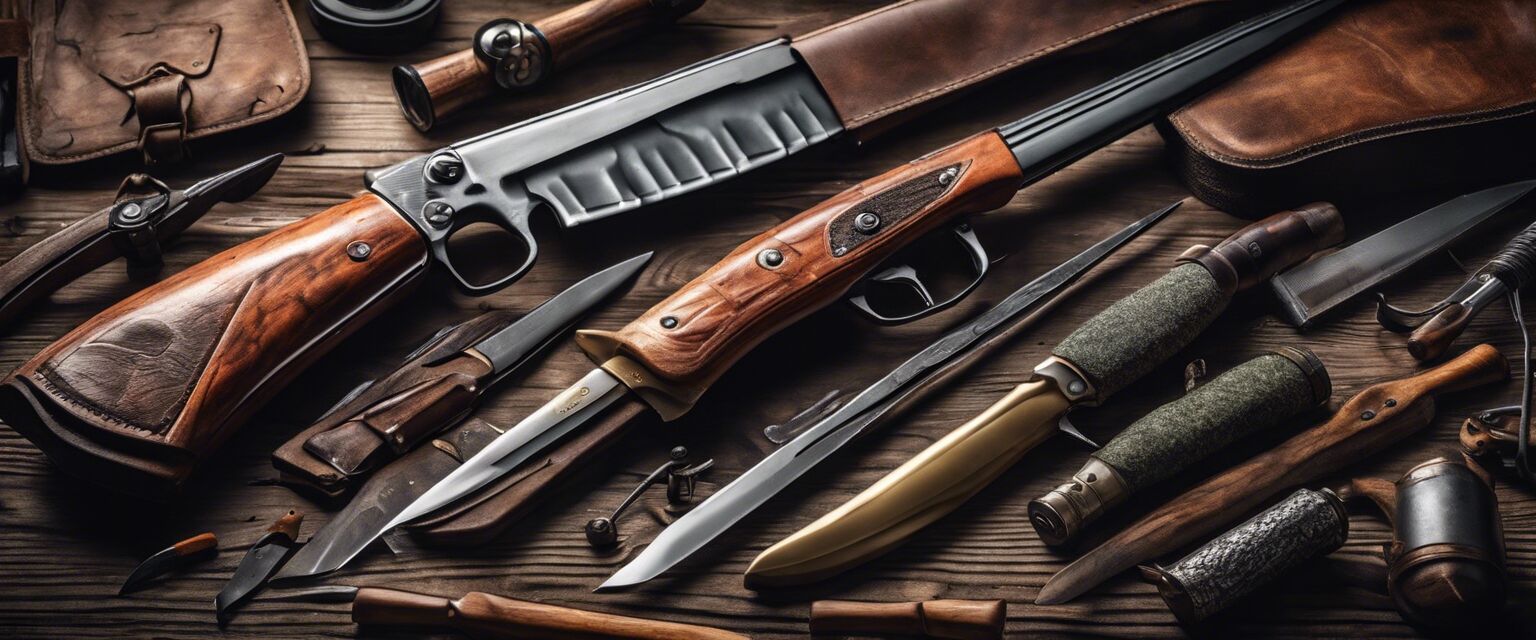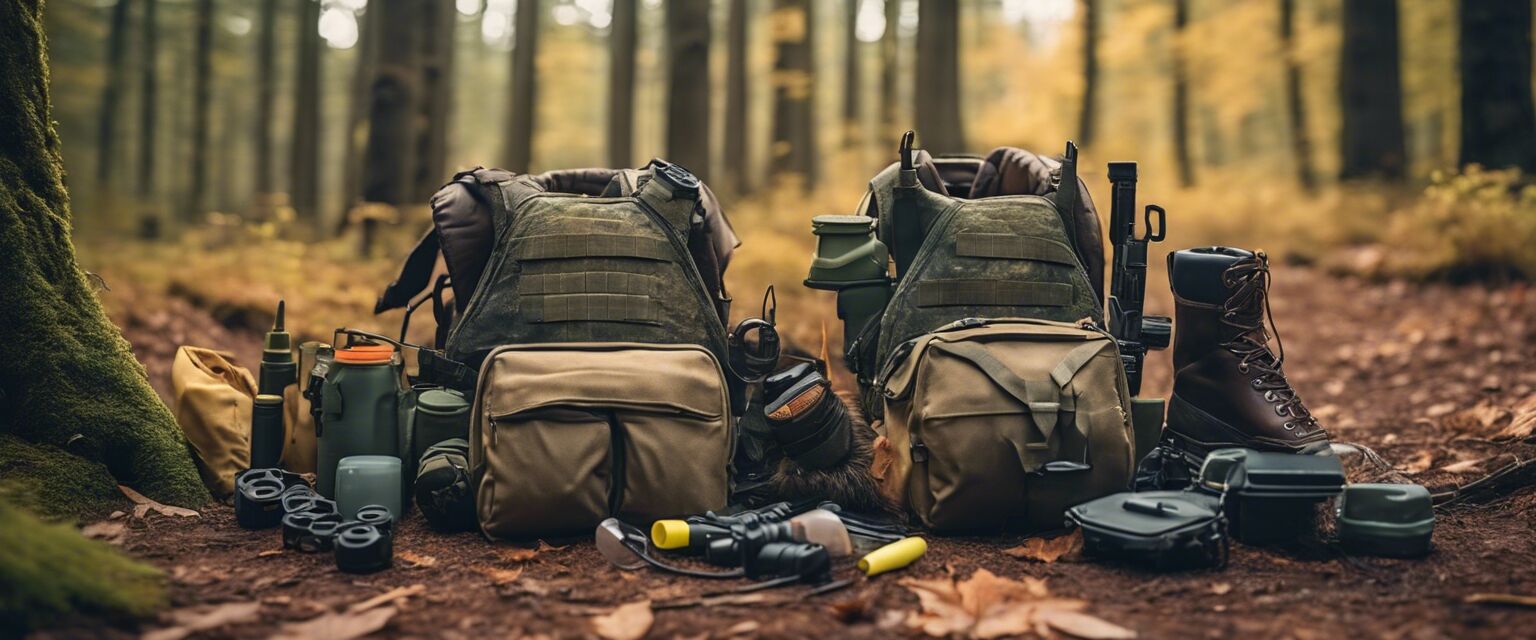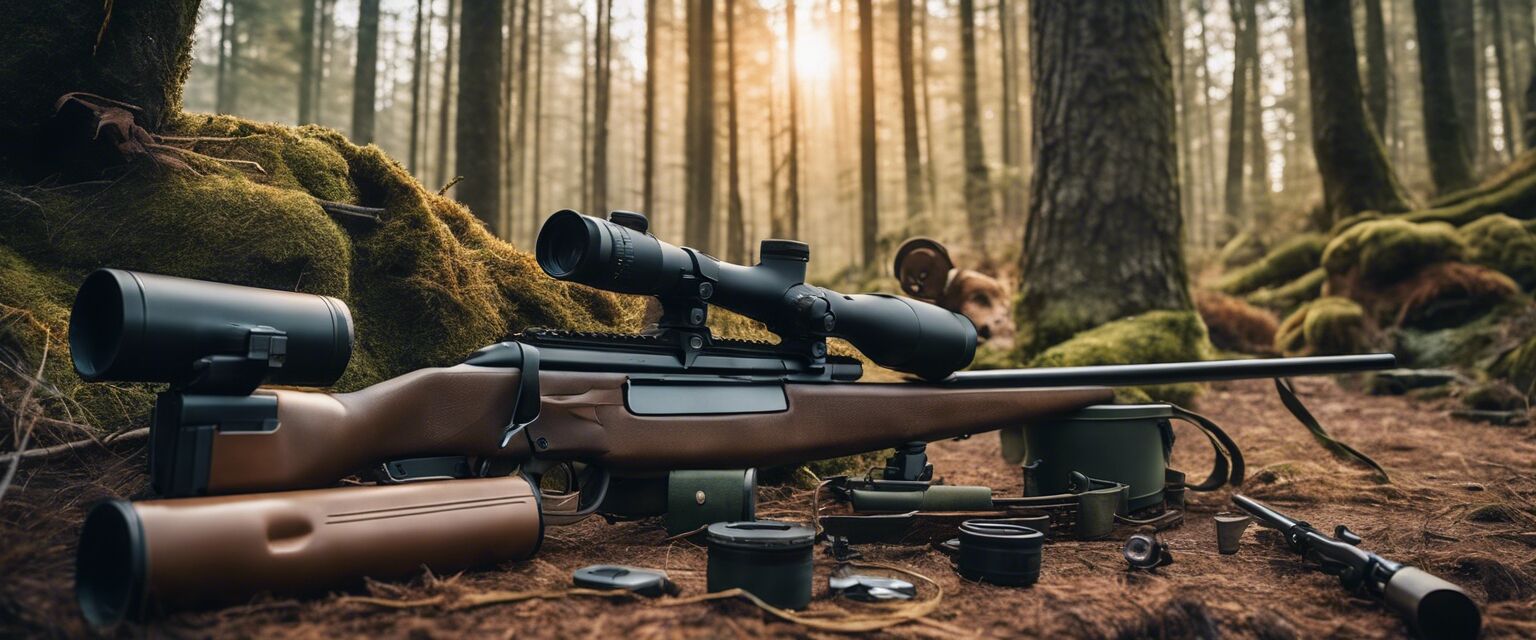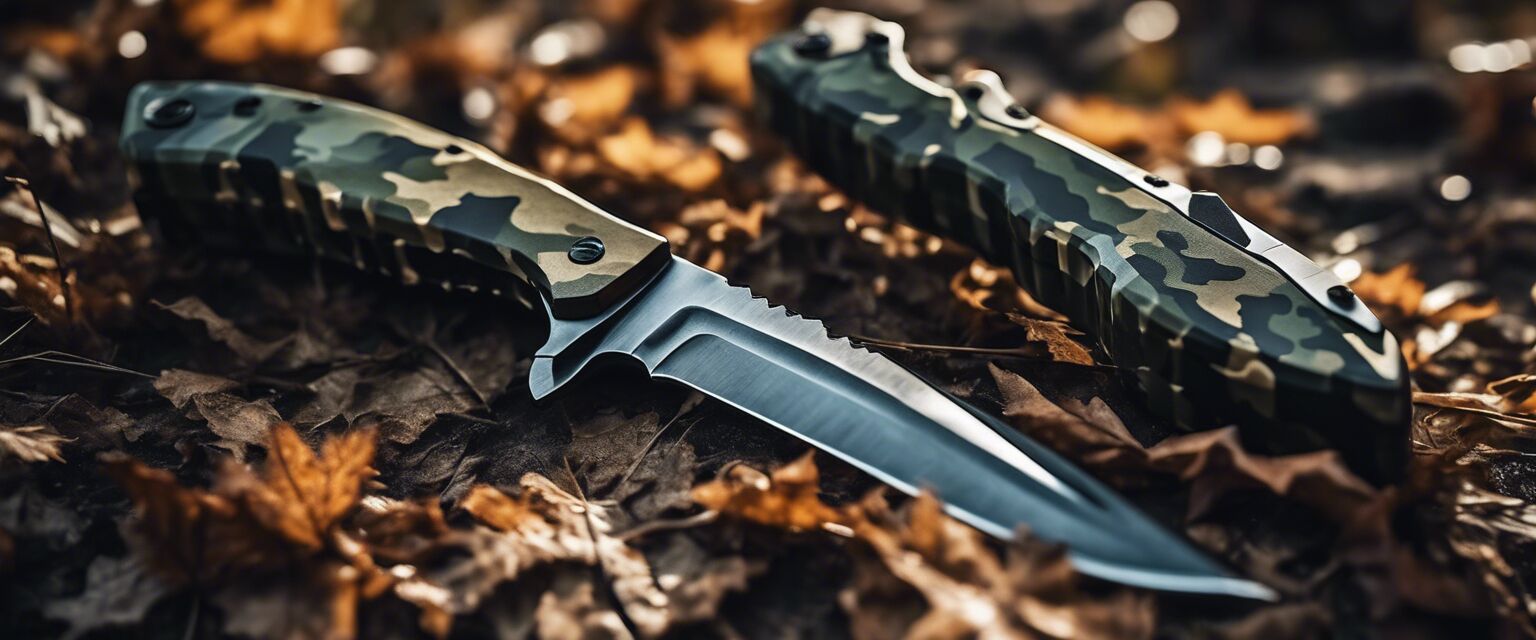
Hunting Knives
Hunting knives are an essential tool for any hunter, and choosing the right one can make all the difference in your hunting experience. With so many options available, it can be overwhelming to decide which one to choose. In this article, we'll analyze various hunting knives and their uses, to help you make an informed decision.
Key Takeaways
- Hunting knives come in different types, including folding, fixed, and skinning knives.
- Choose a knife based on the type of hunting you'll be doing and the game you'll be hunting.
- Consider the material, weight, and ergonomics of the knife when making your selection.
Types of Hunting Knives
Hunting knives come in various types, each designed for specific tasks and hunting styles. Here are some of the most common types of hunting knives:
| Type of Knife | Description | Best For |
|---|---|---|
| Folding Knives | Compact and portable, folding knives are great for everyday carry. | Small game hunting, such as rabbit or squirrel. |
| Fixed Knives | Strong and durable, fixed knives are ideal for heavy-duty use. | Large game hunting, such as deer or elk. |
| Skinnning Knives | Designed for skinning and cleaning game, skinning knives are a must-have for any hunter. | Skinning and cleaning game. |
Choosing the Right Hunting Knife
When choosing a hunting knife, there are several factors to consider. Here are some key things to think about:
- Material: Knives can be made from a variety of materials, including stainless steel, carbon steel, and titanium. Each material has its own strengths and weaknesses.
- Weight: A heavier knife may be more durable, but it can also be more cumbersome to carry.
- Ergonomics: A comfortable grip is essential for a hunting knife. Look for a knife with a ergonomic design that fits well in your hand.
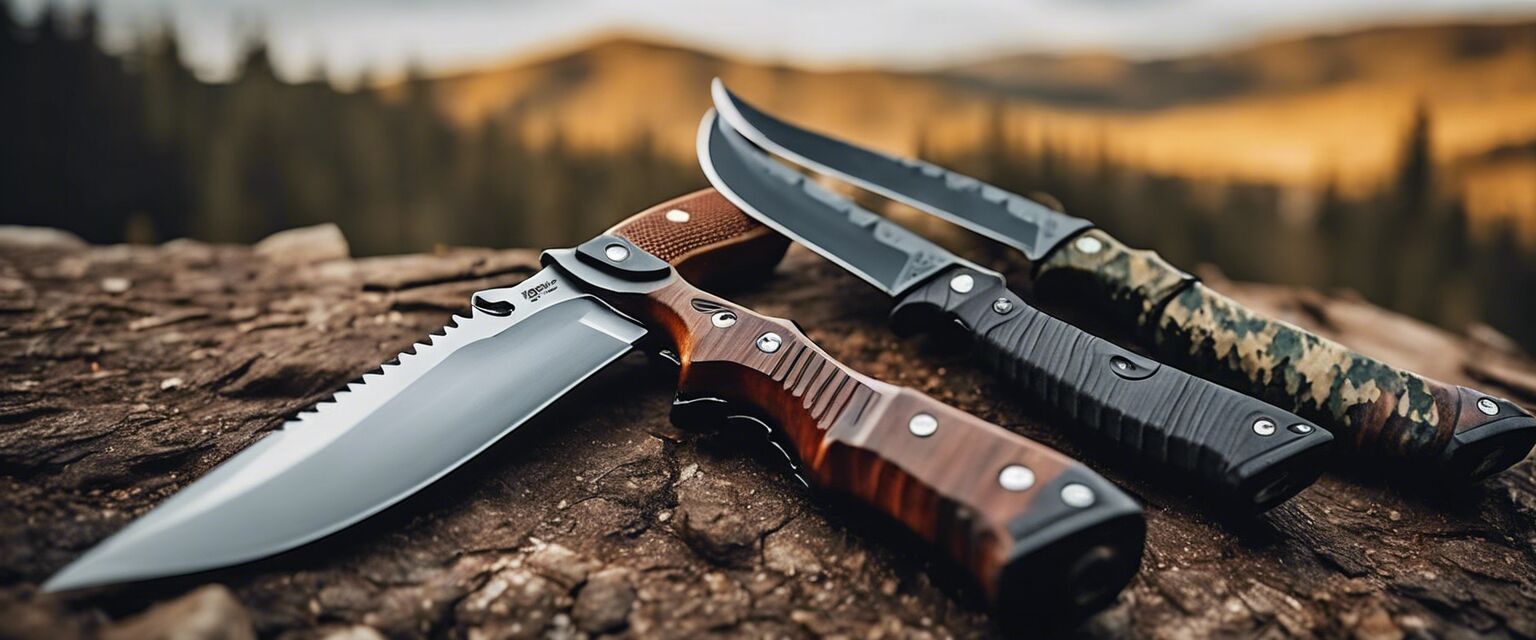
Hunting Knife Maintenance
A good hunting knife requires regular maintenance to keep it in top condition. Here are some tips:
- Sharpening: Regular sharpening is essential to keep your knife in top condition.
- Cleaning: Clean your knife after each use to prevent rust and corrosion.
- Storage: Store your knife in a dry place, away from direct sunlight.
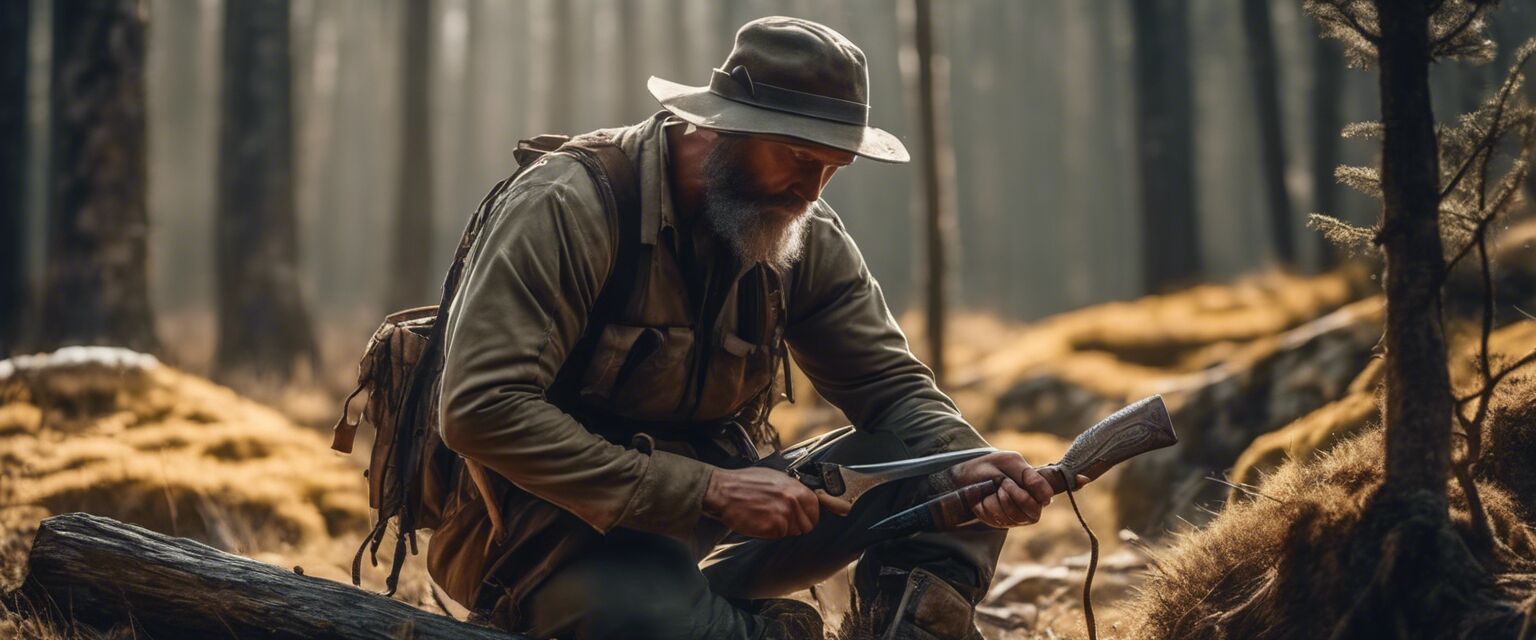
Conclusion
Hunting knives are an essential tool for any hunter, and choosing the right one can make all the difference in your hunting experience. By considering the type of hunting you'll be doing, the game you'll be hunting, and the material, weight, and ergonomics of the knife, you can make an informed decision. Remember to maintain your knife regularly to keep it in top condition.
Pros
- Versatile and essential tool for any hunter.
- Can be used for a variety of tasks, including skinning and cleaning game.
- Available in a range of materials and styles.
Cons
- Requires regular maintenance to keep in top condition.
- Can be heavy and cumbersome to carry.
- May not be suitable for small game hunting.
If you're looking for more information on hunting gear, be sure to check out our guides on camouflage clothing, firearms and ammunition, and hunting accessories.
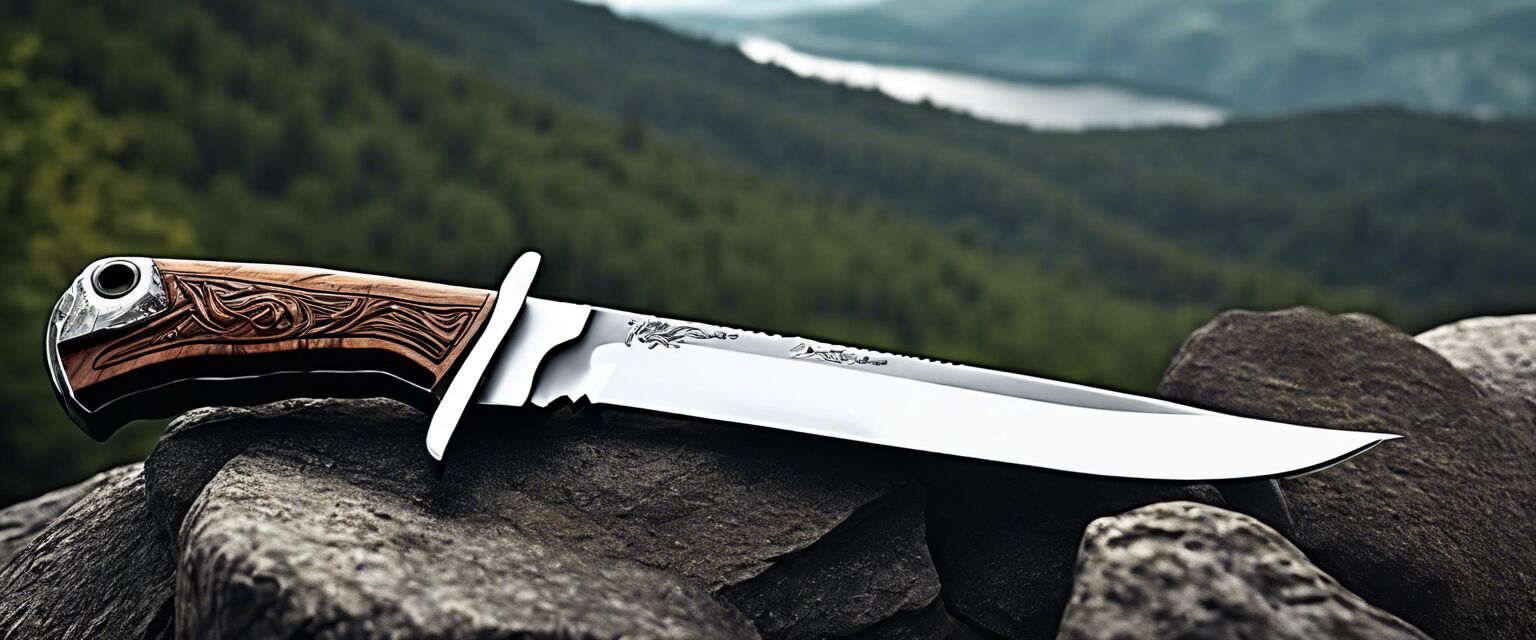
Beginners Section
If you're new to hunting, here are some additional tips to keep in mind:
- Always carry your knife in a safe and secure manner.
- Practice using your knife before heading out on a hunt.
- Consider taking a hunting course to learn more about hunting and knife safety.
